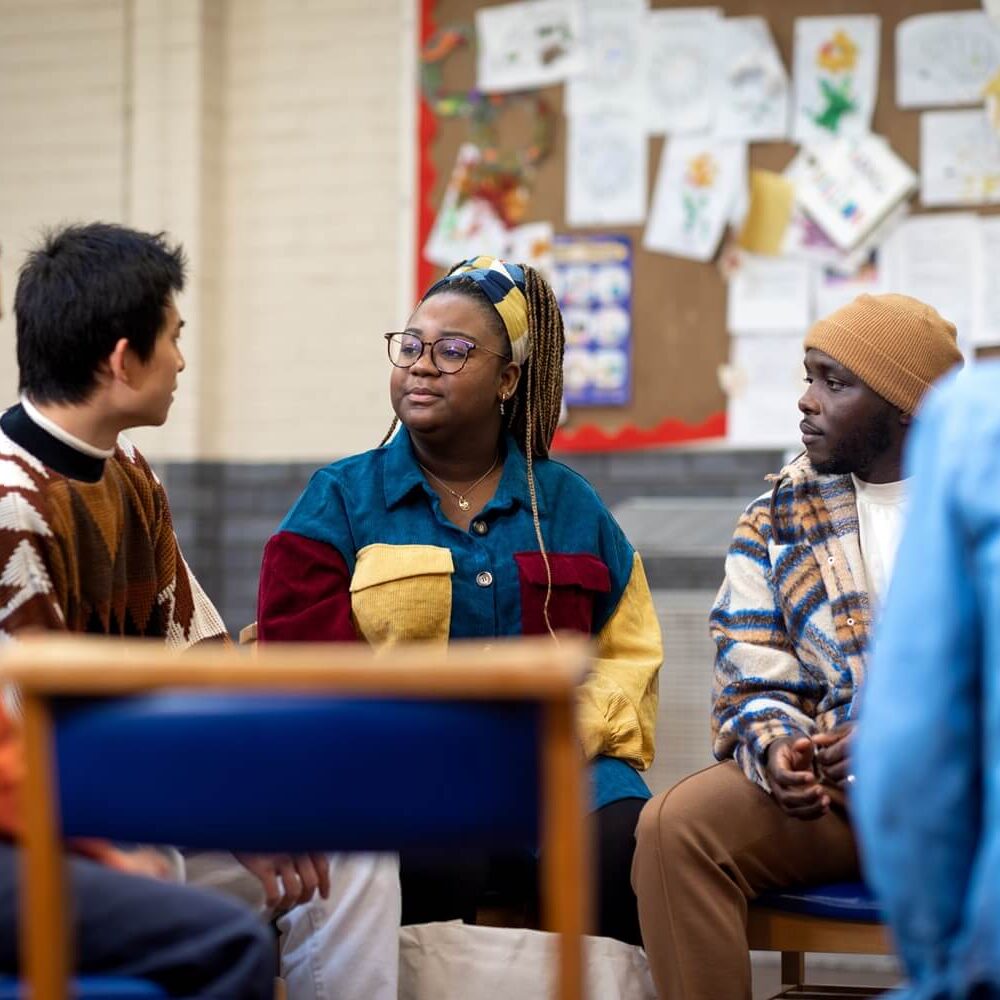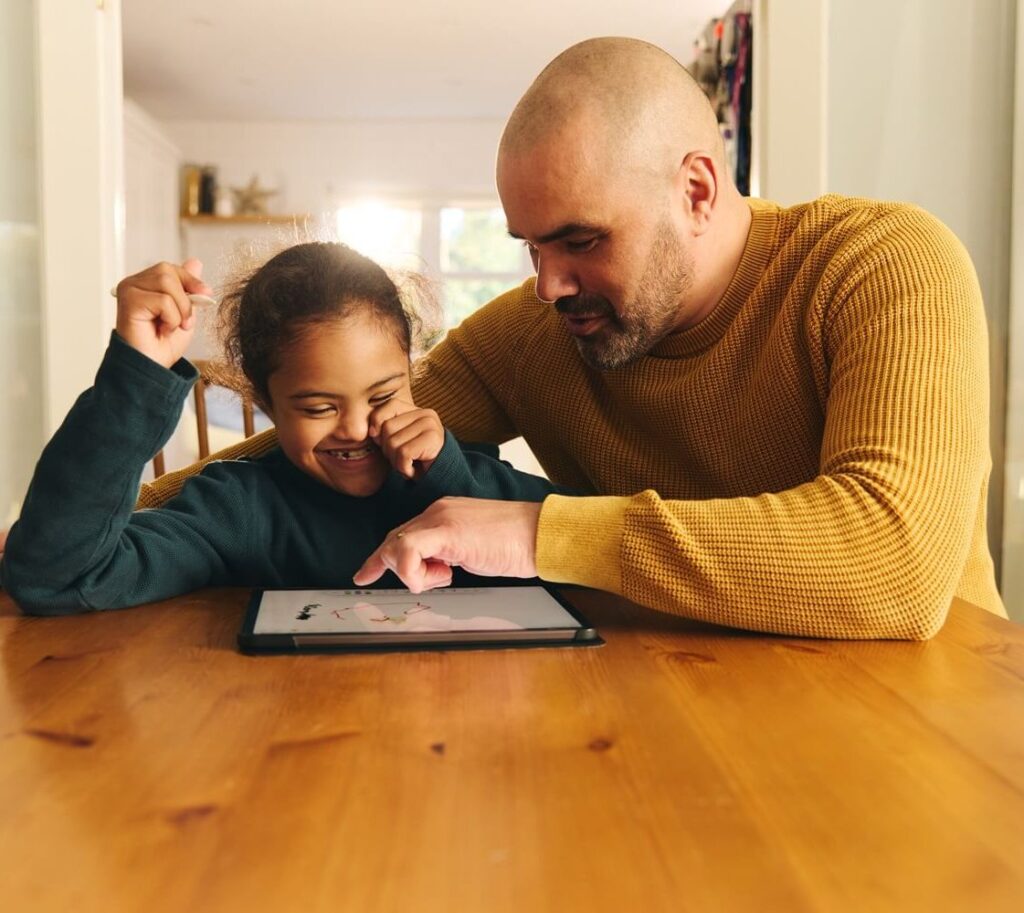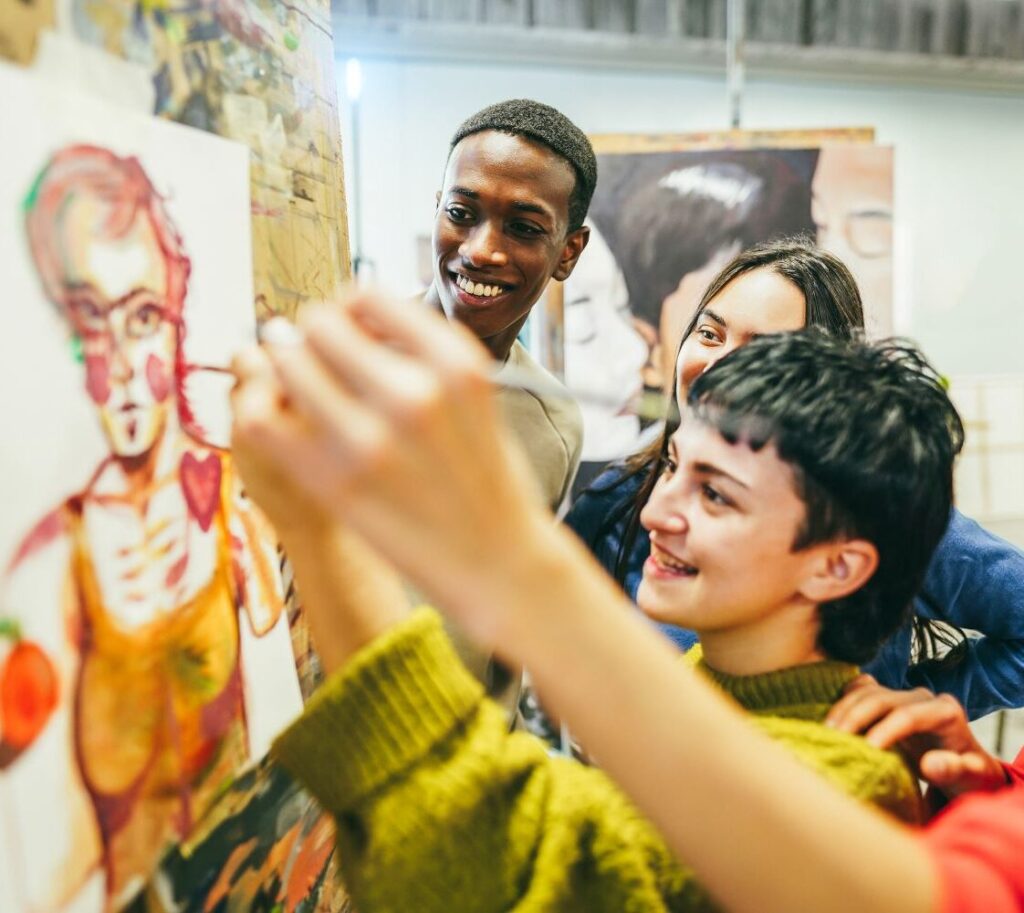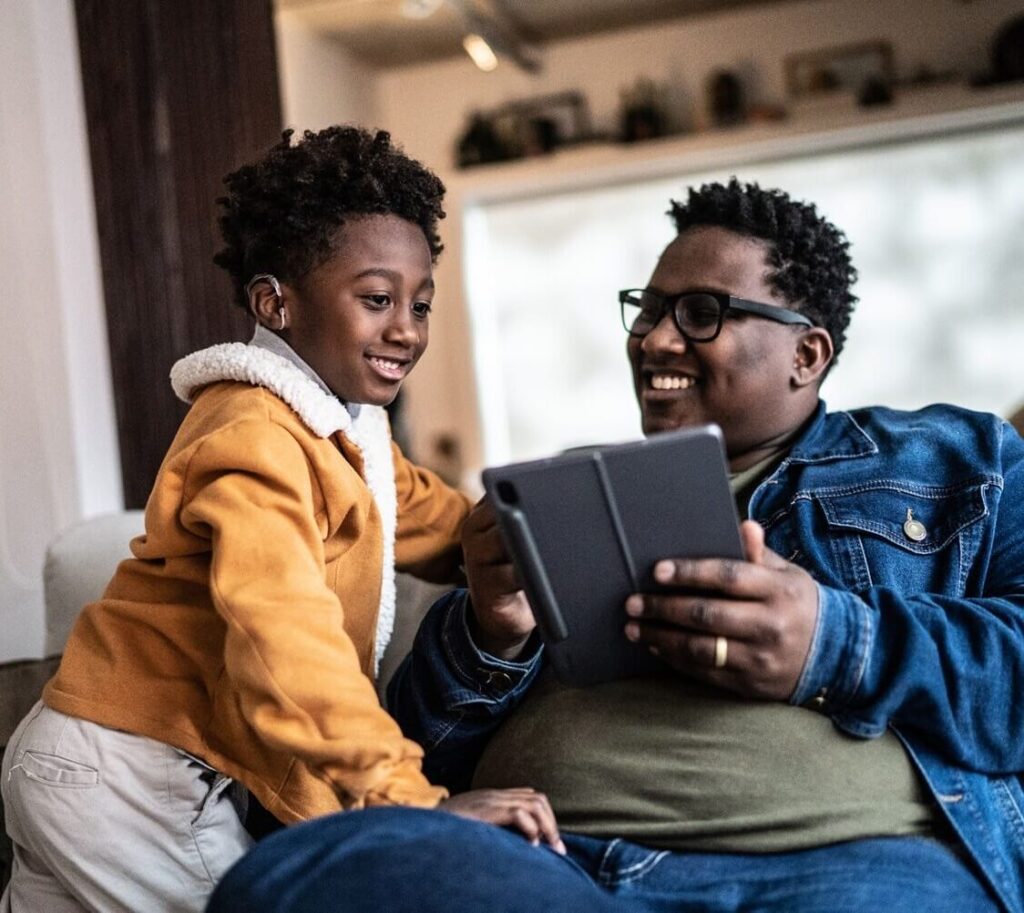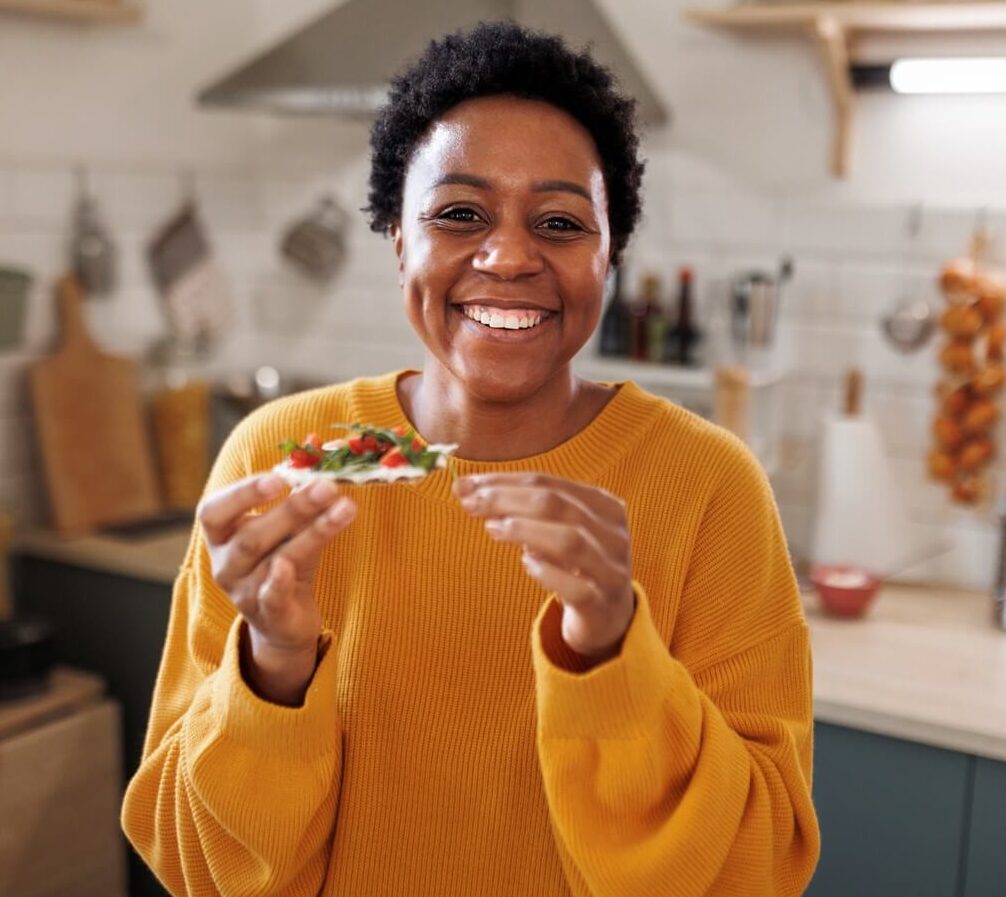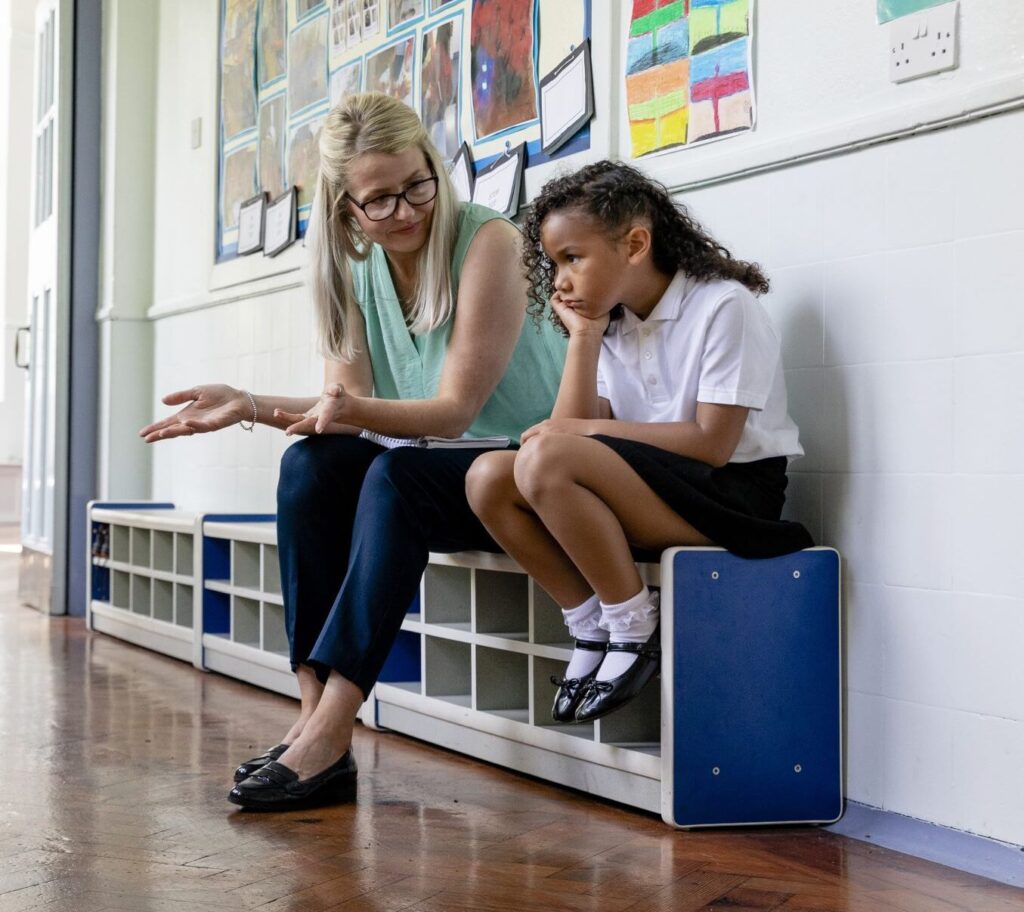Racism is when a person is treated differently, disadvantaged or bullied because of their race or ethnicity. According to GOV.UK statistics from the year ending March 2024, police recorded 140,561 hate crimes in England and Wales, and 70% of these were racially motivated. Sadly, sometimes the people and families we support come to us having experienced racism.
Sometimes it might be obvious, but other times racism might be less clear, particularly when it’s part of the society we live in. This can make it harder to speak out, especially if others haven’t been through what you have. The important thing is how your experience made you feel, as racism is never okay.
At Family Action, we recognise the unique challenges faced by marginalised communities, including but not limited to those based on race, ethnicity, gender, trans identity, religion, sexual orientation, disability, and socioeconomic status. We want to dismantle barriers to equality and contribute to a world in which everyone has access to opportunities, support and resources. Family Action is dedicated to being an organisation where every individual, regardless of their background, is valued, respected, and empowered to thrive.
Race discrimination is illegal behaviour according to the Equality Act 2010. If you’re experiencing discrimination, it’s not something you should have to tolerate and you’re well within your rights to take action. See ‘Resources and organisations that can help further’ at the end of the article.
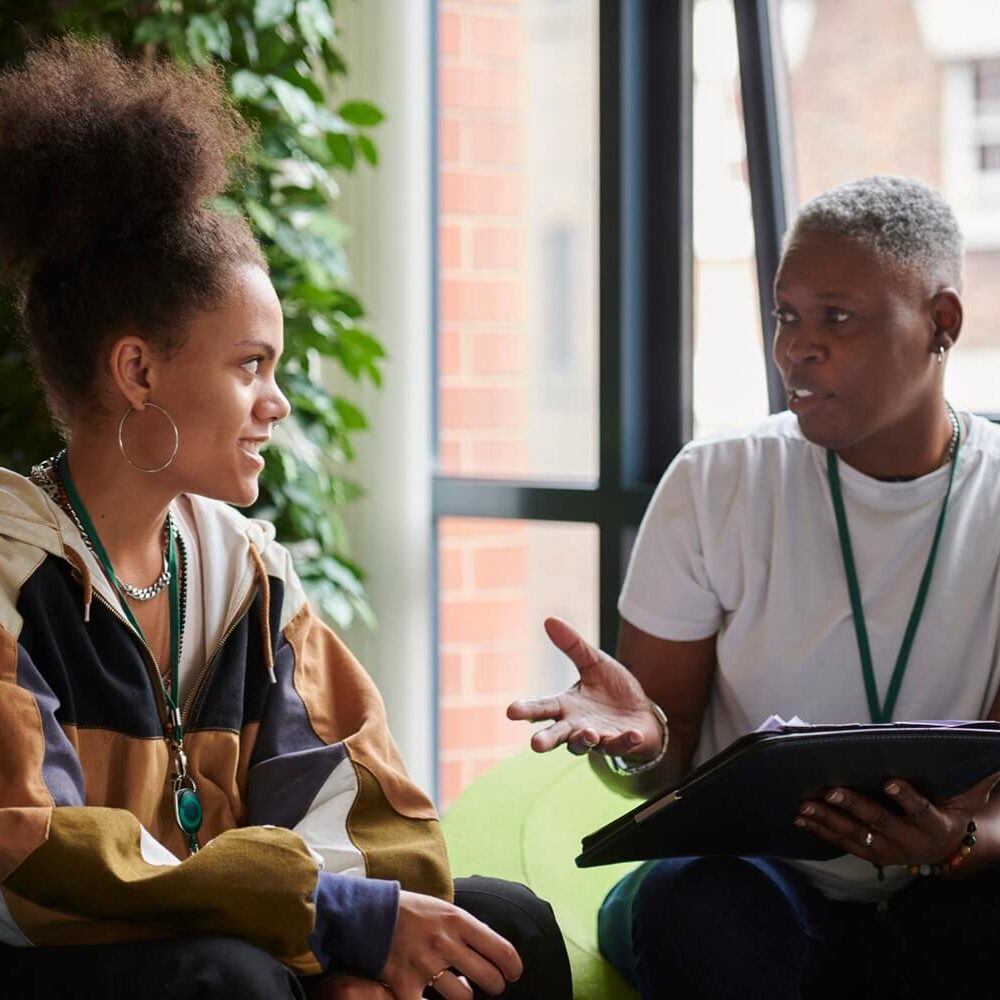
For more information on the legislation, see:
While we want to provide the support we can, we acknowledge that we’re not the experts on this topic. This article contains information about some things you can do to look after yourself if you experience racism, along with links to some organisations who provide expert help and guidance for your situation and the action you might want to take.
What happens if someone comes to a Family Action service after experiencing racism?
If you’re looking for support after experiencing racism, you might want to know how our services will support you. To find out more about how one of our services approaches this, we spoke to our Wandsworth WellFamily and Foodbank Service, who provide emotional and practical support to adults to promote good mental health.
We respond in a very person-centred way, which means hearing what that person's experience was and finding out from them what action they would like to take. We're sensitive to that person’s particular needs and what their barriers to engaging are.
“We’re mindful that often people who experience racism want to speak to someone they can identify with. We can also help them find out about their community networks – for example, in Wandsworth we can put them in touch with other services like the Ethnicity and Mental Health Improvement Project (EMHIP) under the Wandsworth Community Empowerment Network (WCEN) or Advocacy Services.”
You may not be immediately sure if you want to report your experience or not, and this is okay. Wandsworth WellFamily added: “We also signpost people if they want to go down the route of making a complaint. The Equality Advisory and Support Service is such a useful resource for people to look into their particular experiences and to take advice, for example, to see if their human rights have been breached, to describe their particular circumstances, what the setting was, and what the impact is on them. This organisation can really help people tap into networks, whether it’s for advocacy or an official complaint.”
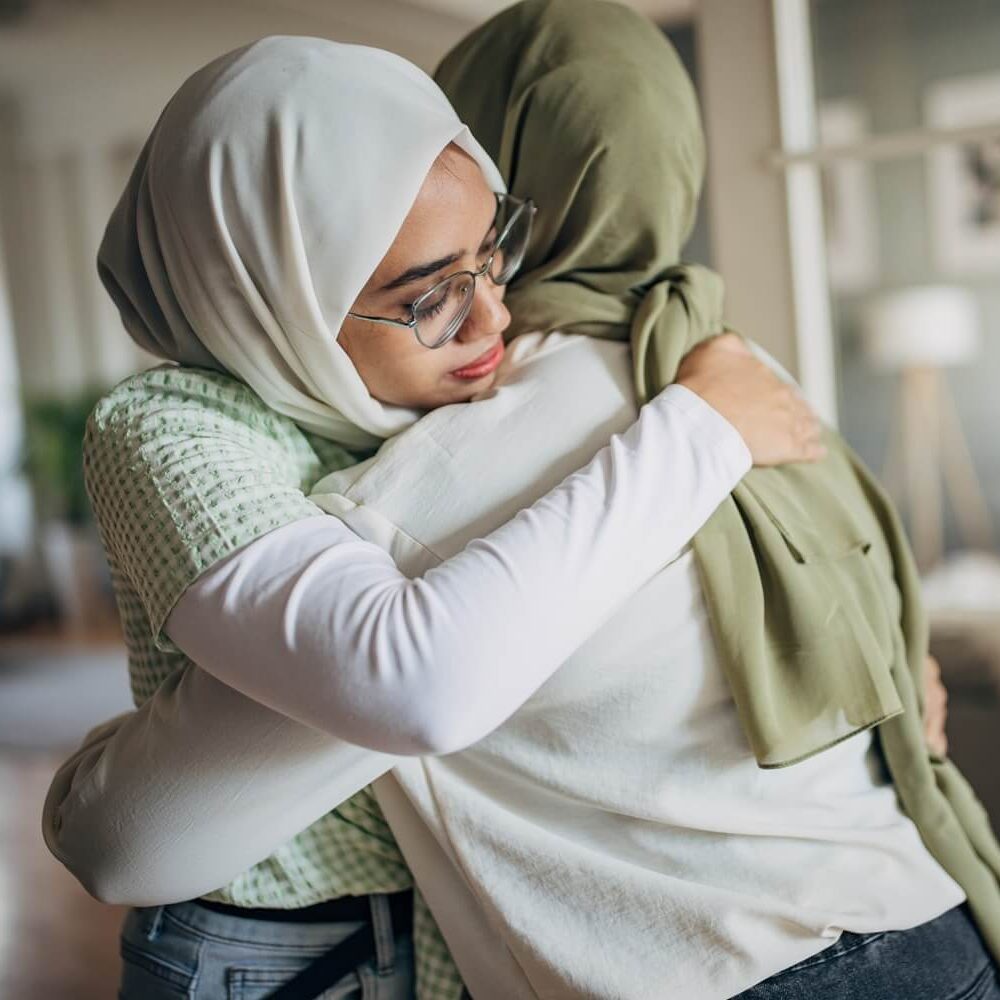
Practical actions you can take to support your mental health
Racism has a negative effect on mental health, and regular encounters can have a cumulative effect. Your experiences might cause difficult feelings including but not limited to loneliness, stress, fear, anger or overwhelm. As well as accessing counselling and therapy, there are some other practical steps you can take to support your mental health.
Wandsworth WellFamily explained: “We like to make sure people have access to practical resources and support networks for themselves and their families, as well as self-help strategies to protect their mental health and wellbeing.”
There’s no easy solution and the things that support one person’s mental health might not work for another person. But here are some ideas to consider:
Build your support network
There’s a lot of value in speaking to people you trust. Your support network may be made up of family, friends, colleagues, people in community groups and more. Talking to trusted people can help you understand that although your life experiences are unique to you, you’re not alone and there are people you can talk to.
Educate yourself
Look for grass roots organisations in your local community. Not only can these prove a valuable source of support when you need it, but they can also help you understand your rights better.
You might also want to think about who you follow on social media, so when you do use it it’s a more positive experience. Make sure the posts you see make you feel good, and that any information comes from a reputable, reliable source. Unfollow or block any accounts that don’t fit this, especially if they make you feel uncomfortable, upset, or angry.
Consider looking for opportunities for activism
While it’s absolutely not your responsibility to fix racism, we can all play a part in ending discrimination. For some people, taking positive action in the form of activism can be empowering and help reduce feelings of helplessness.
Examples of anti-racist movements you could join include The Ubele Initiative and Black Lives Matter UK.
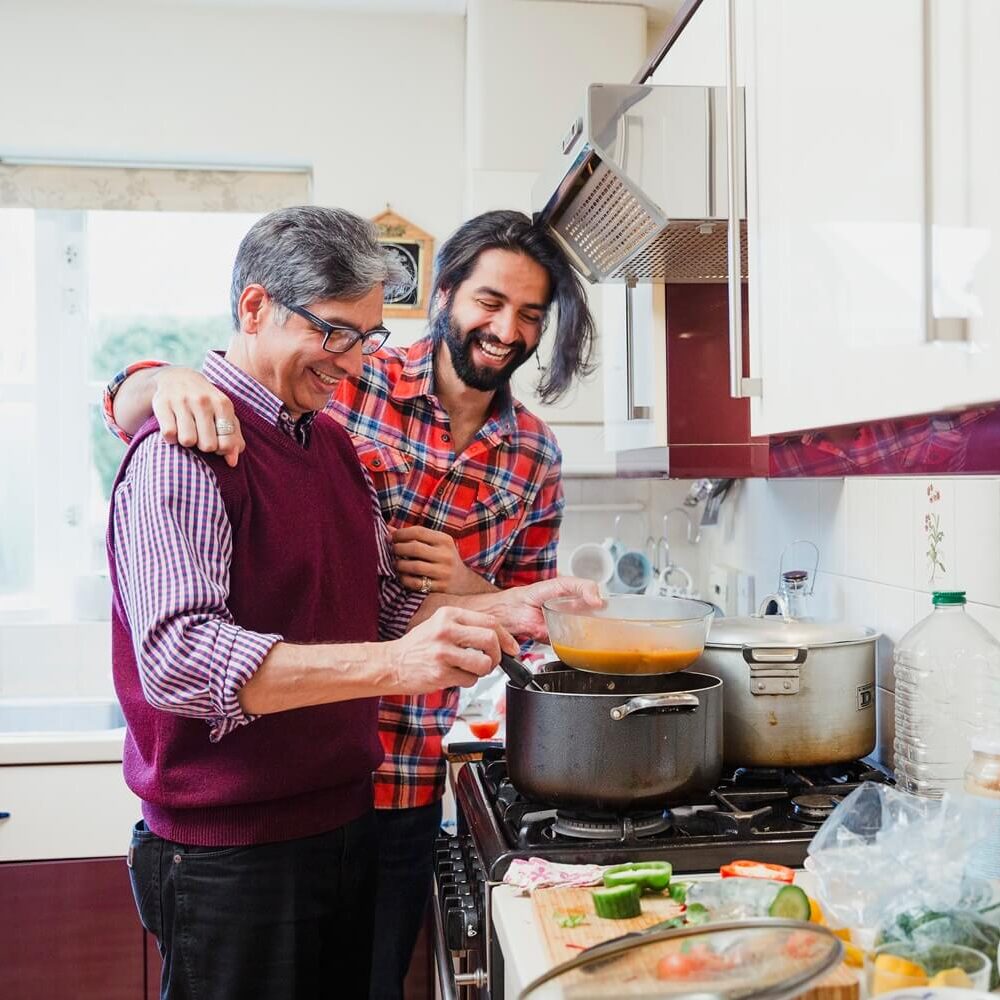
Spend some quality time on self-care
Looking after yourself is important, and needn’t be time-consuming or expensive. Depending on what self-care means to you, it might be reading a book, going for a walk, taking a long bath, or cooking your favourite meal.
Recognise the impact social media and politics can have on your mental health. Try to avoid aimlessly scrolling through social media, even if you’d usually reach for your phone when you have a bit of downtime. Instead, choose self-care activities that really make you feel good.
Resources and organisations that can help further
For more information and support, take a look at the following links. We'll add to these as we come across other useful resources.
- Community Empowerment Network (CEN): Uses collaborative solutions to confront complex societal challenges, with a current focus on addressing health disparities.
- Equality Advisory and Support Service (EASS): Advises on issues relating to equality and human rights across England, Scotland, and Wales.
- The Monitoring Group: Information, advice, advocacy, and representation for those adversely affected by racial discrimination, hatred and violence.
- Stop Hate UK: Offers training, advocacy and support, as well as the UK’s only free dedicated 24-hour anti-Hate Crime reporting service.
- Victim Support: Specialist support for those affected by crime and traumatic incidents in England and Wales, even if you haven’t reported the crime.
- The Black, African and Asian Therapy Network (BAATN): Provides psychological support for people of Black, African, Asian, and Caribbean heritages.
- BAMEed Network resources database: Lots of useful resources and reading for Black, Asian and Minority Ethnic educators.
- The Ubele Initiative: Supports the growth of individuals and community-based groups and organisations through intergenerational leadership initiatives, capacity support, enterprise, and asset development.
- Community Trauma Conference UK [PDF]: List of mental health organisations and services for people of colour, migrants, refugees, asylum seekers and Muslim communities affected by the racist riots, rhetoric and violence in the UK.
- Black Lives Matter UK: A member-led, campaigning organisation, working towards collective liberation.
- Black Minds Matter UK: Connects Black individuals and families with free 121 talking therapy delivered by qualified and accredited Black therapists.
- Muslim Women’s Network UK: A national specialist helpline offering confidential and non-judgmental support, information, and referrals for those at risk of abuse or facing various issues. They primarily support Muslim women but are open to women of any faith or no faith.
- Muslim Women’s Network discrimination and hate crime factsheet
- On Your Side: A UK-wide support and reporting service for anyone in the UK who identifies as East or Southeast Asian who has experienced racism or any forms of hate.
- Migrants’ Rights Network hate crime guide
- Joint Council for the Welfare of Immigrants: Provides resources, support and legal representation for migrants.
- NSPCC article: Talking to children about racism
- Red Cross teaching resources for children and young people
- Childline information: Racism and racial bullying
- Facing History & Ourselves UK: Discussing contemporary Islamophobia in the classroom
- Facing History & Ourselves UK: Discussing race and racism in the classroom
- Muslim Children’s Books: A resource for children on UK riots, Islamophobia and racism
- YoungMinds: Helps young people to manage their mental health, empowers adults to be the best support they can for the young people in their life, and gives young people the space and confidence to be heard and drive change.
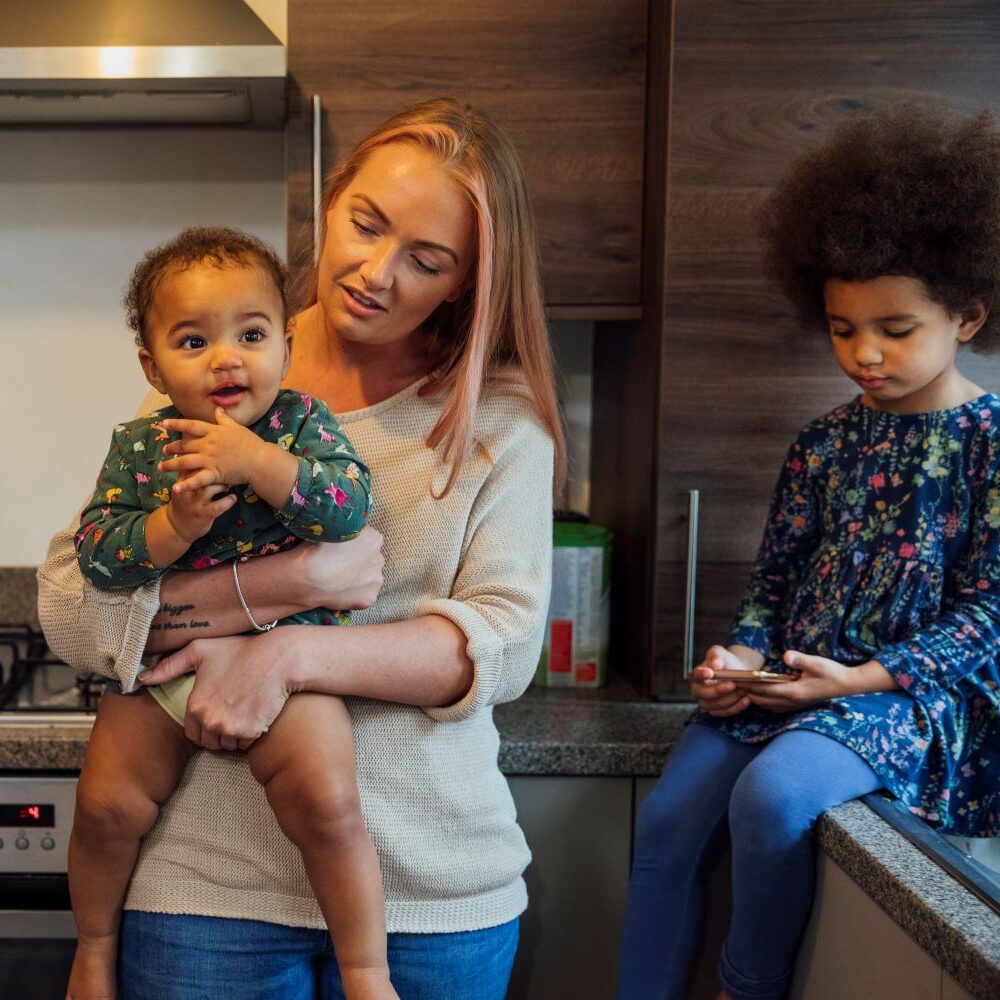
Call, text, email or web chat FamilyLine
If you’re feeling overwhelmed, worried or upset about any aspect of your family life, FamilyLine is here for you. We offer free emotional support and guidance on family relationships, conflict, parenting, caring, financial worries and more.
Contact FamilyLine